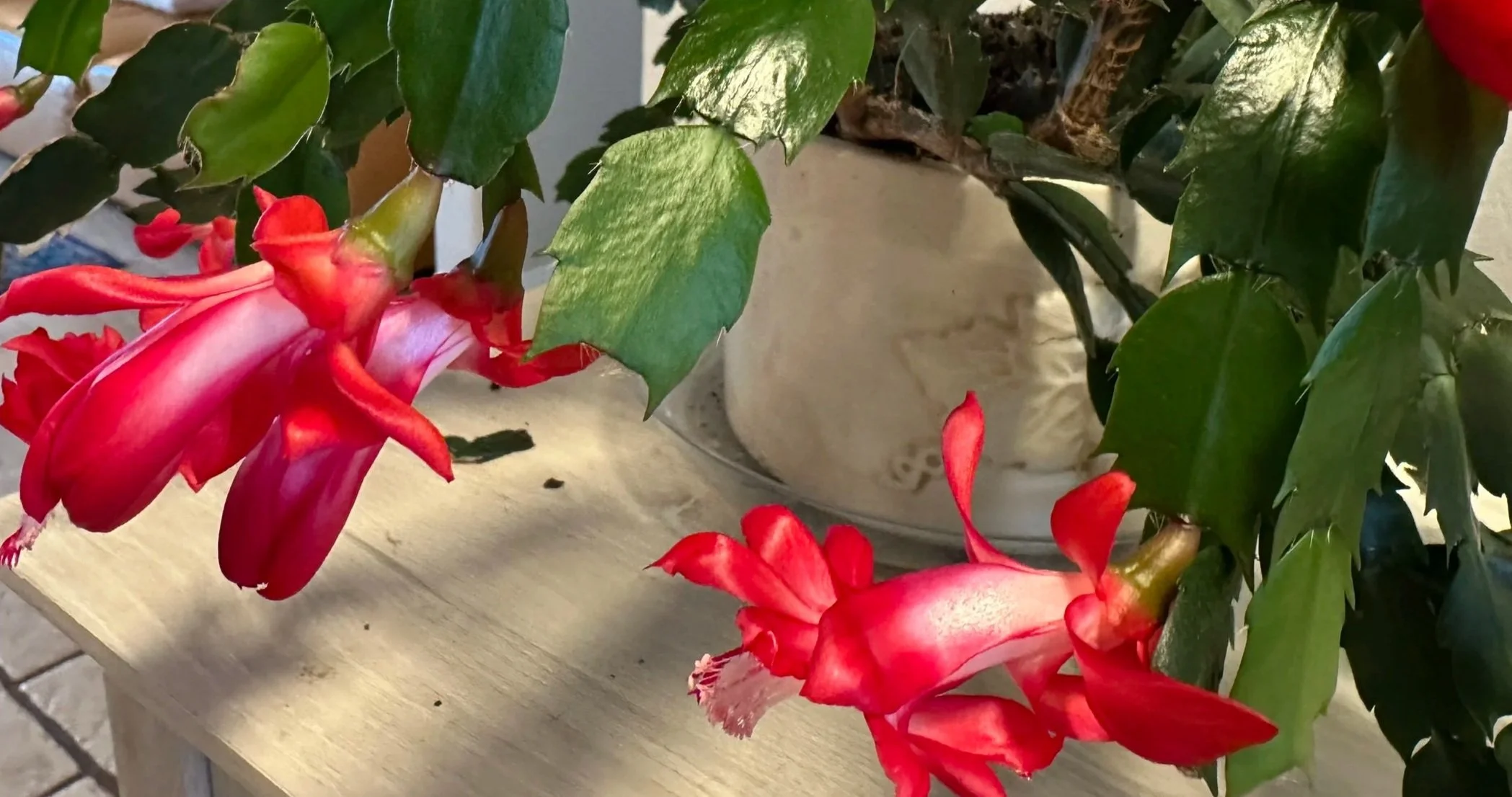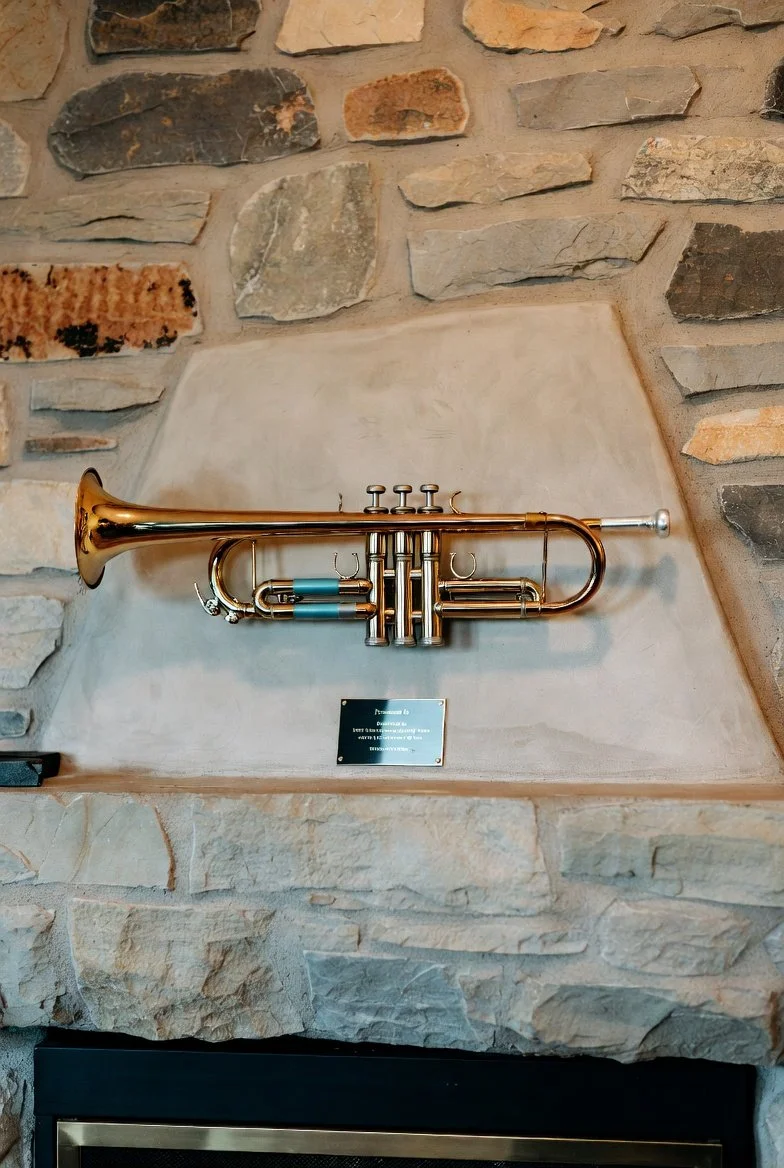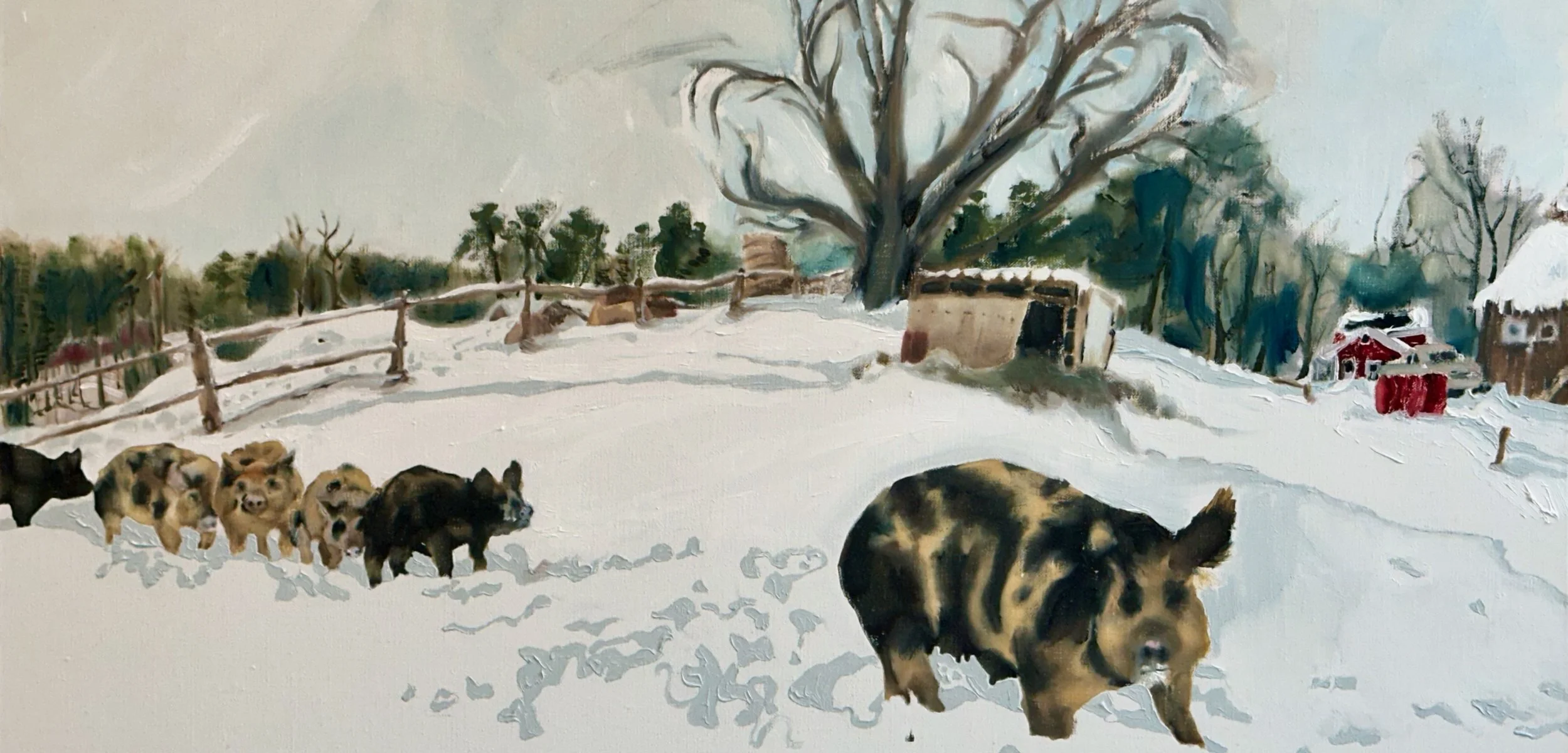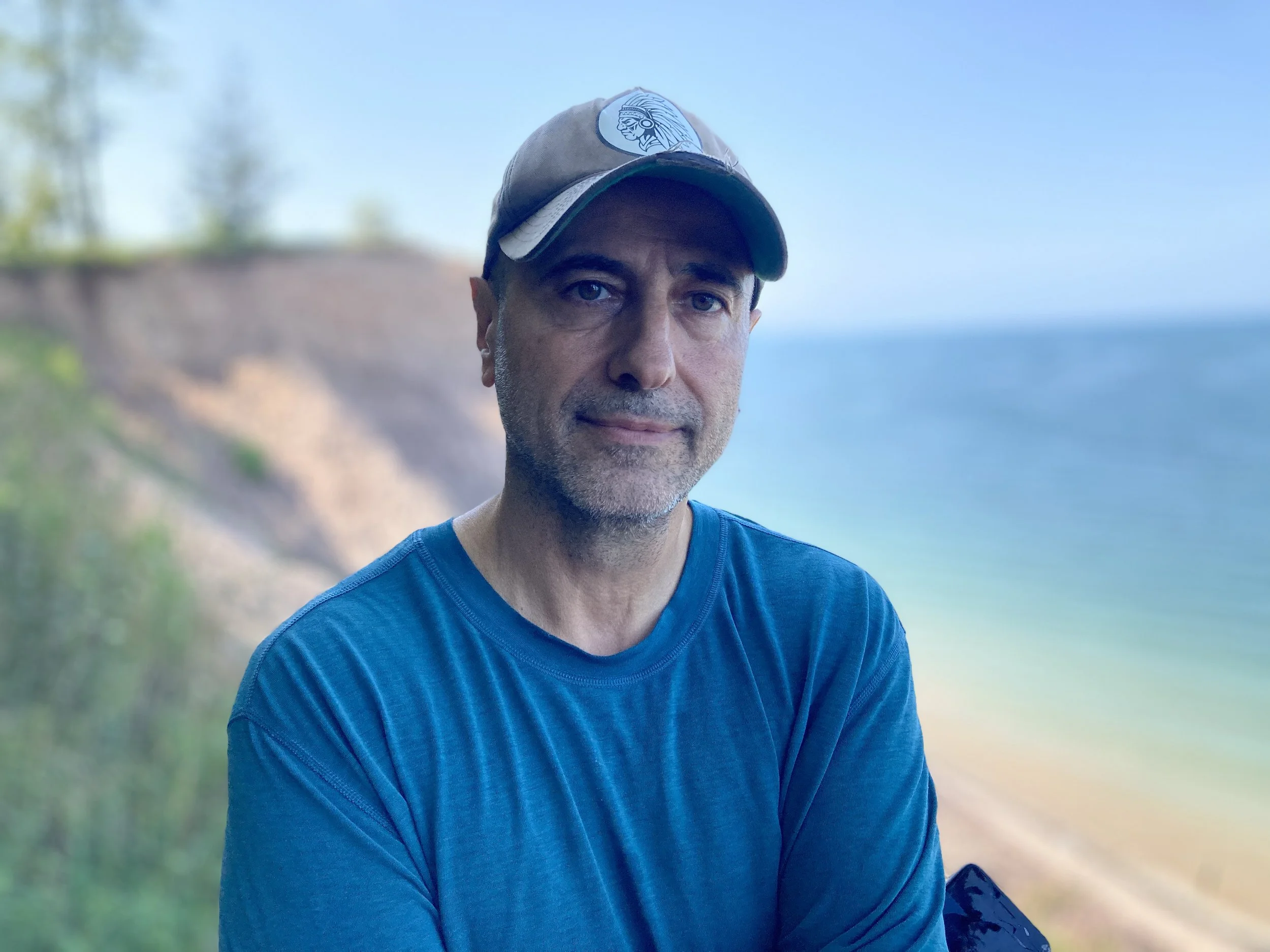Tool of the Month - The Gift
This month’s tool comes in the form of a parable.
There once was a father who gave his two sons each the same gift on Christmas morning. A brand new, well-crafted trumpet. The first son received his gift with rapt enthusiasm. He thanked his father profusely for the beautiful instrument, “This is the best gift a boy could ever hope to receive from the best father a boy could ever hope to have. I shall cherish it till the day I die. I shall seize every opportunity to retell of this blessed day (to any lucky listener who will give me the privilege to do so) whereupon I received my precious trumpet.”
The second son received his trumpet without a word. He merely turned it round and round in his hands, allowing his eyes and fingers to study the instrument with curiosity and fascination and even a little confusion. His first attempts to sound a single, clear note were confounded for the better part of an hour. But eventually the first raspberry-note burst forth, and it produced within him a hunger to hear more, create more, and feel this music vibrate through him. The unpleasant noise of this learning process wasn’t tolerated long at the gift-giving party, and he was asked to stop playing for the time being. He slipped away from the revelers and found a quiet corner of the cellar to keep blowing.
Eventually, when he had his own home and family, the first son mounted the trumpet in a proud and conspicuous place above the mantel and, true to his word, praised the trumpet and the father who bestowed it upon him. Folks who visited him were guaranteed to hear of it and see it proudly displayed at every opportunity. In most cases, the trumpet and the story were the sole motivation for inviting such visitors. The gift defined him.
The second son became skilled at playing his instrument, maintaining and repairing it also, and was eventually invited by other music enthusiasts to perform and collaborate with them. He taught others what he knew, and provided repair services when asked. Patrons and grateful audiences attended his public performances and financed his tours and recordings. One day he received a Grammy for best performing artist of the year. He didn’t bother to attend.
When the first son found out that his brother passed up the opportunity to go on national television and thank their father for giving him the gift that led to an auspicious award, he scolded him harshly. “You could have at least had me go up there and receive the award on your behalf! I could have told everyone how much of your success is owed to our wonderful father. You Ingrate!”
The second son responded by saying, “Nothing compares to the time I felt that first raspy note belch through me and out my trumpet on Christmas morning. I’ve been chasing that magic ever since. Whenever I hit a note clean, and make the sound I intend to make, I do get a little pleased with my accomplishment for a brief moment. And when I do make mistakes I sometimes get a little scared and confused at my imperfection. Am I losing it? What if anyone heard that? But every one-out-of-a-hundred of those mistakes, something comes out that so surprises me, so vastly exceeds my expectations, it’s even better than Christmas morning. Those mistakes are like a brand new Christmas gift. I keep them forever. I hope I never get to the end of that sack of gold intermingled with broken attempts and rejects. If I could thank anyone, it would be the version of me that makes those first 99 mistakes with no one around to listen, or applaud, or give trophies. But that guy’s not into awards. He just wants to play.”
The first son shook his head. “What would dad think”, he wondered.
Parade of Shadows
So here’s another gift I’ll pass along from someone I consider a good friend even though he doesn’t know me. He’s a trained hypnotist and cartoonist who will most likely die from cancer (or by his own hand) in a few days or weeks unless some sort of unlikely miracle happens. He is also a shadow of mine, because when I listen to his podcast, I turn the volume down when other folks get close enough to hear what I’m listening to. He says stuff you shouldn’t say if you want to stay in business and not have your books taken off the store shelves and your cartoons removed from every newspaper. It seem I’m not alone in admiring his philosophy, because a Meaning Wave music producer made an entire album out of his hypnotic “reframes”. If you listen to these reframes, you will become brainwashed (a shameful thing to be in a free-thinking society). But I think you’re going to like your brain better on these reframes. Some days, I wonder if the kindest thing I can do for my mind is to simply choose the better brain washing. Ask yourself if you think your current set of beliefs and opinions were acquired any other way.
The album is called, “Almost Anything Could Happen Today” and it’s on Spotify and YouTube.
May you feel the joy of Christmas time.
May you know the love of a friend.
May the angels sing your song sublime.
May the music never end.
Don’t stop,






















